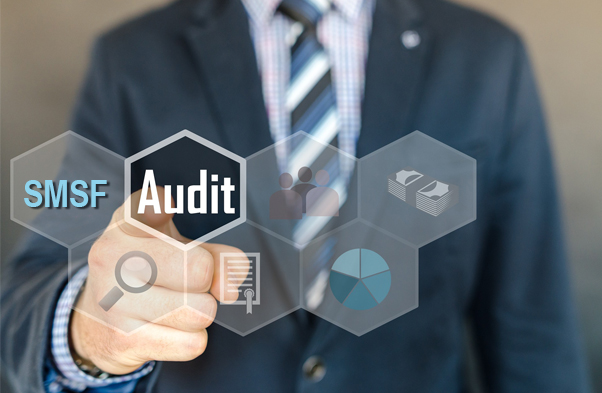Are all SMSFs required to be audited?
Introduction
Self-Managed Superannuation Funds (SMSFs) have gained popularity as a flexible and personalized way for individuals to manage their retirement savings in Australia. However, with great power comes great responsibility, and one of the key responsibilities of SMSF trustees is ensuring compliance with the rules and regulations set by the Australian Taxation Office (ATO). One crucial aspect of compliance is the annual audit of SMSFs. In this article, we will explore whether all SMSFs are required to be audited, the audit process, and the consequences of non-compliance.
Who Needs to Audit Their SMSF?
1. Mandatory Audits
The short answer to whether all SMSFs need to be audited is yes. According to the ATO, every SMSF must undergo an annual audit by an approved SMSF auditor. This requirement is mandated by law, and there are no exceptions. The audit ensures that the SMSF is complying with all relevant laws and regulations, safeguarding the interests of its members and maintaining the integrity of the superannuation system.

2. Exceptions
While the requirement for annual audits is universal, there are exceptions to the rule in some specific cases. The ATO acknowledges that certain situations may exempt an SMSF from undergoing an annual audit. These exemptions include:
a. Newly Established SMSFs
SMSFs in their first year of operation, where no contributions have been made, and no benefits have been paid, are exempt from the audit requirement. This exemption provides a bit of breathing room for newly established SMSFs to get their affairs in order before the annual audit becomes mandatory.
b. Small SMSFs
If an SMSF has four or fewer members, all of whom are also trustees, and the fund’s assets are solely in one or more bank accounts, the ATO may grant an exemption from the annual audit requirement. This exemption applies if the fund meets these criteria throughout the entire financial year.
c. Wind-up or Cessation of Operations
When an SMSF ceases operations and all assets are either transferred to another complying superannuation fund or paid out to the members, an audit for the financial year in which the SMSF ceases is not required. However, it’s essential to meet all the necessary criteria for the cessation of operations to qualify for this exemption.
The Audit Process
1. Choosing an Auditor
Selecting an approved SMSF auditor is a critical step in the audit process. The auditor must be registered with the Australian Securities and Investments Commission (ASIC) and be independent of the SMSF. They will assess the SMSF’s financial statements, compliance with regulations, and overall adherence to the law.
2. Providing Documentation
The trustees of the SMSF are responsible for providing all necessary documentation to the auditor. This includes financial statements, accounting records, and any other relevant documents. The auditor will use these materials to conduct a thorough examination of the SMSF’s operations.
3. Audit Report
Once the audit is complete, the auditor will issue an audit report, which includes their findings and opinions on the SMSF’s compliance with the law. If the SMSF is deemed compliant, the audit report will be favorable. However, if there are compliance issues or breaches, the report will outline these concerns.

4. Lodging the Audit Report
The SMSF trustees are required to lodge the audit report with the ATO as part of their annual return. Failure to do so can result in penalties and further scrutiny from the tax authorities.
Consequences of Non-Compliance
The consequences of failing to meet the annual audit requirements for SMSFs can be severe. The ATO takes non-compliance seriously and can impose significant penalties, including fines and disqualification of trustees. In addition to financial penalties, non-compliance can jeopardize the tax concessions and benefits associated with SMSFs, ultimately impacting the retirement savings of the fund’s members.
Conclusion
In summary, all SMSFs are required to undergo an annual audit by an approved SMSF auditor, with only a few specific exemptions. The audit process is a crucial component of SMSF compliance, ensuring that funds are managed in accordance with the law and protecting the interests of members. Failing to comply with audit requirements can lead to substantial consequences, both in terms of financial penalties and potential loss of tax concessions. Therefore, it is imperative for SMSF trustees to prioritize compliance and engage an approved auditor to carry out the necessary annual audit. By doing so, they can help secure the financial future of their members and maintain the integrity of the Australian superannuation system. For SMSF online auditing services with us see here.


